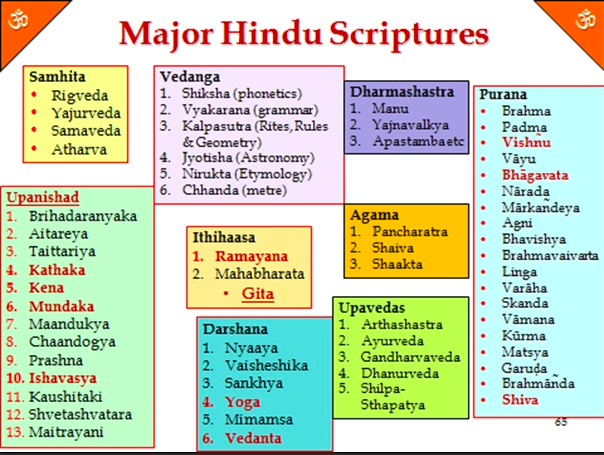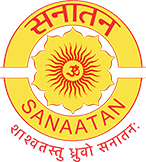- Home
-
Sanaatan Society
-
Philosophy
- Sanaatan-Scriptures
- Buddha-Scriptures
- Jain-Scriptures
- Sikh-Scriptures
- Other Sanaatan Scriptures
- Sanaatan-Common Knowledge
- Buddha-Practices
- Jain-Practices
- Sikh-Practices
- Denominations
- Additional Topics
- History
- Struggle For Survival
- Arts & Science
- Customs & Traditions
-
Philosophy
- Quick Look-Ups
- Shop
- Forums
- Home
-
Sanaatan Society
-
Philosophy
- Sanaatan-Scriptures
- Buddha-Scriptures
- Jain-Scriptures
- Sikh-Scriptures
- Other Sanaatan Scriptures
- Sanaatan-Common Knowledge
- Buddha-Practices
- Jain-Practices
- Sikh-Practices
- Denominations
- Additional Topics
- History
- Struggle For Survival
- Arts & Science
- Customs & Traditions
-
Philosophy
- Quick Look-Ups
- Shop
- Forums
Need volunteers to add content, review content, to work on social media. Conatct at sansansthan@gmail.com.Need volunteers to add content, review content, to work on social media. Conatct at sansansthan@gmail.com
सामग्री जोड़ने, प्रकाशन से पहले सामग्री की समीक्षा करने, सोशल मीडिया आदि पर काम करने के लिए स्वयंसेवकों की आवश्यकता है। sansansthan@gmail.com पर संपर्क करें।.सामग्री जोड़ने, प्रकाशन से पहले सामग्री की समीक्षा करने, सोशल मीडिया आदि पर काम करने के लिए स्वयंसेवकों की आवश्यकता है। sansansthan@gmail.com पर संपर्क करें।
Need volunteers to add content, review content, to work on social media. Conatct at sansansthan@gmail.com.Need volunteers to add content, review content, to work on social media. Conatct at sansansthan@gmail.com
सामग्री जोड़ने, प्रकाशन से पहले सामग्री की समीक्षा करने, सोशल मीडिया आदि पर काम करने के लिए स्वयंसेवकों की आवश्यकता है। sansansthan@gmail.com पर संपर्क करें।.सामग्री जोड़ने, प्रकाशन से पहले सामग्री की समीक्षा करने, सोशल मीडिया आदि पर काम करने के लिए स्वयंसेवकों की आवश्यकता है। sansansthan@gmail.com पर संपर्क करें।
- Home >>
- Sanaatan Society >>
- Philosophy
Philosophy
- Way of Thinking: which actions are respectable; who is a good person; which causes should we support, interaction with known and unknown people etc.
- Way of Living: rituals related to birth, death, marriage; celebrations; dresses to put-on etc.
- Way of Worship: Nature worship, Idol worship, celebrating natural events etc.


Copyright notice – Sanaatan Website, Contents, and Materials
This website and its contents; and materials produces by Sanaatan Sansthaan, physical, audio-visual, or in any other form (Sansthan Material); are copyrights of Sanaatan Sansthaan - © Sanaatan Sansthaan-2022. All rights reserved.
Any distribution or reproduction of part or all of the contents and materials in any form is prohibited other than the following:
- you may print or download to a local hard disk extracts for your personal and non-commercial use only, and
- you may copy the content of the website and Sansthan Material to individual third parties for their personal and non-commercial use, but only if you acknowledge the website and Sanaatan Sansthan as the source of the material.
You may not, except with our express written permission, distribute or commercially exploit the content. Nor may you transmit it or store it in any other website or in any other form of electronic retrieval system.
To serve you better the site uses Cookies and records your preferences as well as the pages you visit. We don't share your personal information with anyone.
